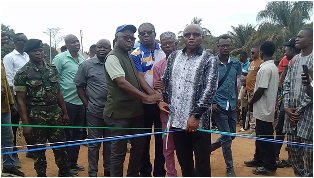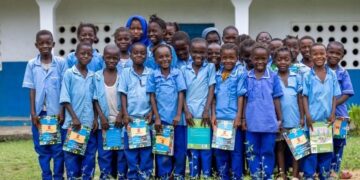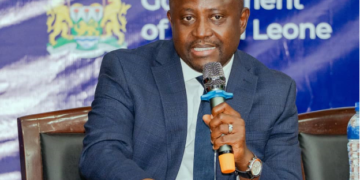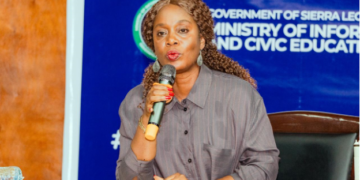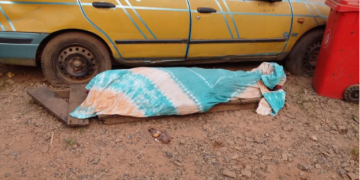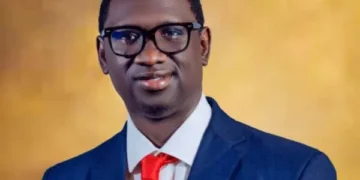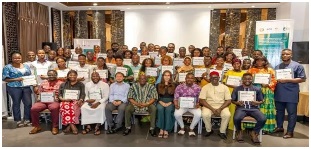By Alieu Amara Suwu
Misinformation, disinformation and fake news spread rapidly across social media and other online platforms, posing risks to individual health and societal well-being. Research on the psychology of misinformation has proliferated in recent years, yet many questions remain about how and why they spread, how they affect behavior, and how best to counter them. Answering these questions well depends in part on how misinformation, disinformation and fake news are defined; they can include inaccurate news, conspiracy theories, disinformation campaigns, propaganda, and slanted reporting.
Anchoring on this fact, the ECOWAS in partnership with Media Foundation for West Africa (MFWA) and Media Coordinating Group (MRCG), with support from the Government of Germany, held a two-day capacity training workshop for journalists in Sierra Leone, on the point of understanding these negative narratives (misinformation, disinformation and fake news), countering them and engaging in peace journalism.
Besides, the training sought to promote Media and Information Literacy (MIL) by equipping participants with practical skills to detect misinformation networks, enhanced conflict-sensitive reporting, and advance democracy, peace and good governance in West Africa.
The training, which was held on the 25 and 26 of September, 2025 at the Atlantic Lumley Hotel in Freetown, galvanized over forty journalists from different media houses.
Overall, eight topics, ranging from nexus between information disorder, conflict, and the role of media in peace and democracy in West Africa; understanding and investigating human rights violations; peace journalism and conflict-sensitive reporting; strengthening collaboration between ECOWAS, member states, and media in countering mis/disinformation; understanding & countering bad actors in the media & information ecosystem; mastering fact-checking; developing and applying OSINT (Open-Source Intelligence) tools and digital security for journalists; and promoting media and Information Literacy (MIL), were adequately dealt with, enabling participants to engage fully – group works and presentation and preferring recommendation and exhibiting commitment to implement what they had engaged in.

Declaring the workshop open on behalf of ECOWAS President, H.E. Dr. Omar Alieu TOURAY, the ECOWAS Resident Representative in Sierra Leone, H.E. Ambassador John AZUMAH, underscored that the training reflects ECOWAS’ commitment, together with its partners, to support Member States and media professionals in promoting information integrity and combat the scourge of false and harmful narratives across the region.
Representatives from GIZ, Johannes Behrens addressing the audience on behalf of the German Federal Ministry for Economic Cooperation and Development, affirmed Germany’s steadfast commitment to upholding information integrity in West Africa. They poignantly articulated that misinformation and disinformation transcend mere media challenges; they represent formidable national security threats that can spur instability, erode governance, and hinder economic development.
“Now, more than ever, there is a pressing need for independent, diverse, and professional media,” one GIZ official asserted. This statement resonated deeply in the context of a digitally-driven world, where social media can rapidly disseminate falsehoods, underscoring the urgent need for journalists to act as the frontline defenders against propaganda, manipulated content, and misleading narratives.
Closing the workshop on behalf of ECOWAS, H.E. Ambassador John Asumah, the ECOWAS Resident Representative in Sierra Leone, reiterated the organization’s commitment to supporting Member States and media practitioners through innovative partnerships, ensuring accuracy, fairness, and integrity in the information landscape of the region.


